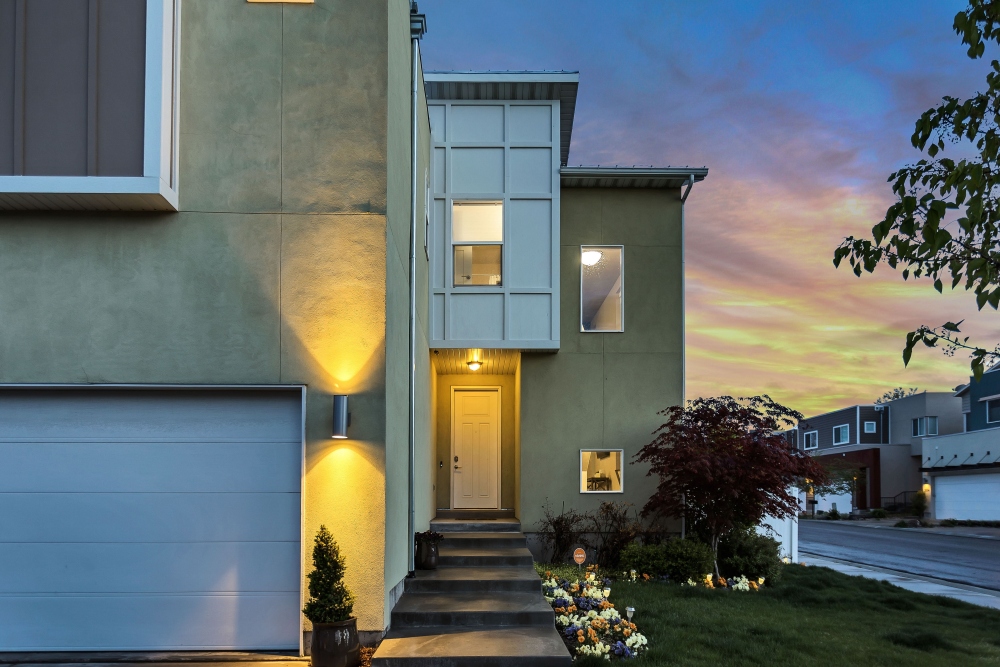Energy usage is a big topic of conversation for everyone. Using less energy saves you money, whether you rent or own your home, and it can even help landlords run their business more efficiently. You might think that saving energy starts with turning lights off when you leave a room, but there are many more ways people use electricity and don’t even realize it.
Sometimes when people talk or read about saving energy, they think they’ll have to live an uncomfortable lifestyle. You might have heard suggestions like raising the temperature on your thermostat in the summer or lowering it in the winter. That does save people money, but you don’t have to feel uncomfortable in your home.
Here are some energy-saving and safety tips for tenants and renters. You can save yourself money, reduce your energy usage and even encourage new tenants to rent from you with a few changes in your perspective. Try these tips out to see if they’re right for you, your life or your rental property.
1. Use Lids for Pots and Pans
Saving energy is easier than it seems. You don’t need to install solar panels all over your rental units or move into a green-energy home to reduce how much you use every day. All you need to get started is a few baby steps, like using lids for your pots and pans.
When you cook, it takes time to finish a recipe. Most recipes require boiling water or simmered ingredients. That means you’ll need to keep your burners on longer, but not if you use lids. Lids trap the steam and heat that raises the internal temperature of whatever’s on your stove. It’ll cut your cooking time in half and let you turn off your stovetop sooner rather than later.
2. Get Outlets GFCI Equipped
Renters want to ensure their tenants are safe and happy, so getting electrical outlets GFCI equipped should be at the top of your list. Ground fault circuit interrupter outlets (GFCIs) automatically shut off if the electricity falters, like when water from a sink splashes on an outlet. Install GFCIs around sinks and bathtubs so tenants are safe from potential dangers like electrical shock and fire.
3. Reduce Hot Water Usage
After you toss a load of laundry in the washing machine, what temperature setting do you use? Studies estimate that washing machines use 80-90% of their energy to heat water for each new cycle. Change the setting to cool or cold water to reduce the power you need to clean clothes every day.
4. Replace Air Filters Frequently
Tenants rarely need to replace their air filters on their own because it’s usually the responsibility of the landlord. Ensure your maintenance staff is actively replacing all air filters every two months so HVAC units don’t work overtime. Clogged filters make it harder to circulate air through a home, forcing HVAC units to run harder for a longer period. You’ll also ensure that your tenants breathe clean air, making your property a safer place to live.
5. Switch Your Lightbulbs
Another budget-friendly way to cut down on your energy bill is to switch your lightbulbs. You might not think about what you use now, but if you switch to LEDs, you’ll save money on lighting and air conditioning. Traditional bulbs emit tons of heat while they’re on, but LEDs are more efficient and cooler.
6. Empty Your Lint Trap
A clogged lint trap in your dryer will prevent your clothes from drying quickly. Clean out the lint trap in your machine with every load and remember to check the external dryer vent exit, which often clogs as well. Hot air can’t escape through a covered lint trap or vent, so clear them out as frequently as possible.
Look for New Opportunities
There are always new ways renters and landlords can save energy. Try something you might not have thought about before, like switching out your lightbulbs or reducing your hot water usage. Compare your energy bills to see what’s most effective with your lifestyle or the way you run your business.







Recent Comments